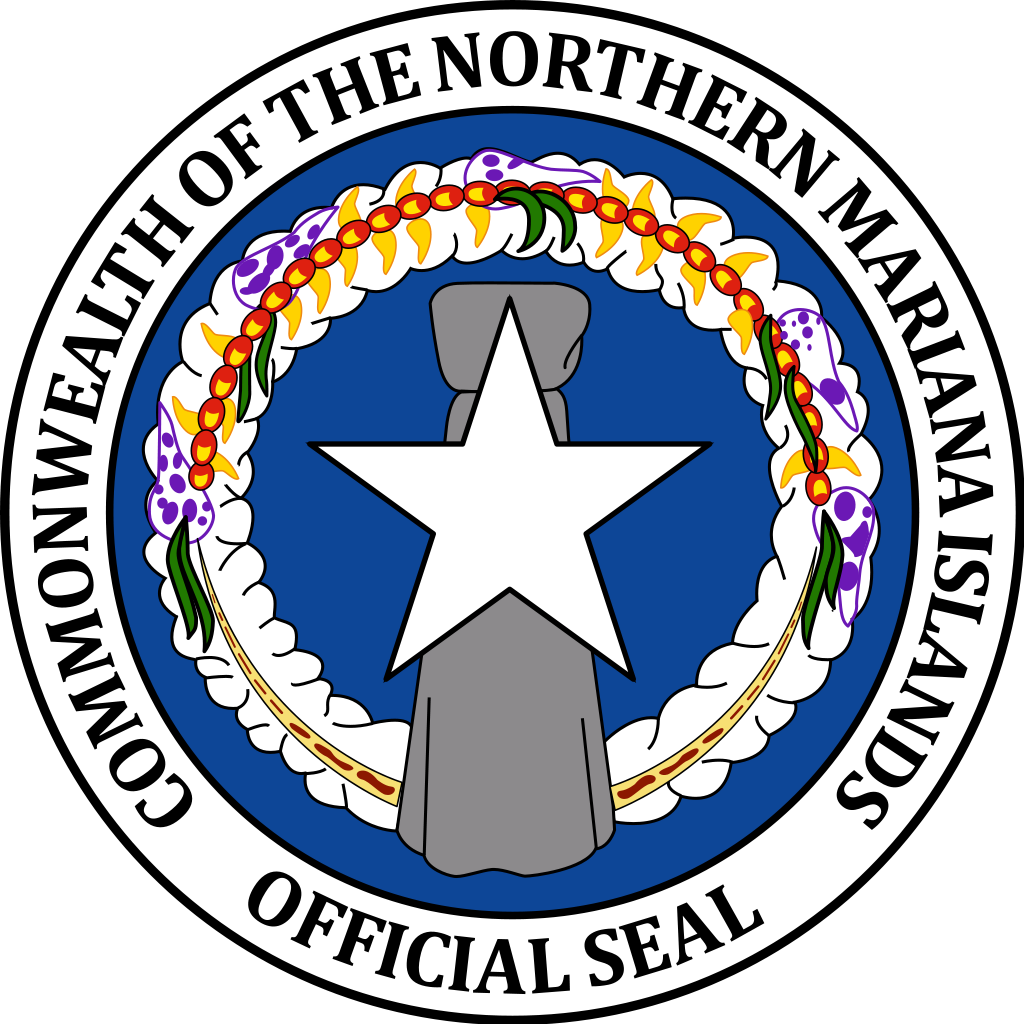
This is a story about temporary alien workers, the Covid-19 crisis, government benefits for those losing their jobs because of the virus, stunning governmental incompetence, and massive greed. Localized, but upsetting.
Congress decided, appropriately, when it passed the budget-busting economic relief measures earlier this year that nonimmigrant workers would not benefit. This may appear to be hard-hearted, but the workers are here only temporarily, and including them would have made the multi-trillion dollar package even more expensive.
The CARES Act established various flows of funds to unemployed workers and to businesses hurt by the economic cutbacks created by the virus. It was written hurriedly, and tried to use huge amounts of federal dollars to meet a very real problem. Generally, it was badly needed but some of the elements were bizarre. For example:
- American Samoa, which tells us it has never had a Covid-19 case, is nevertheless covered by the law and its benefits, as the non-voting delegate to the House of Representatives, Amata Radewagen (R-A.S.), has announced;
- Similarly, full benefits of the act are available in the Commonwealth of the Northern Mariana Islands (CNMI, just north of Guam), where about one in 1,143 people has the virus, as opposed to the Mainland where the ratio is about one in 60.
More precisely, there are 49 cases of the virus in the CNMI, out of a population of about 56,000. Yet more than 5,000 attempts to collect Pandemic Unemployment Assistance (PUA) have been made, according to one of the two local daily papers, the Saipan Tribune.
The local coverage does not mention the imbalance between the local case load (which is either genuinely low or results from too little testing) and the number of unemployment applications. But how could 49 sick people cause unemployment for 5,000?
My interest in all this was piqued by this lede in the August 10 Saipan Tribune:
CW-1 workers who may have misidentified themselves in order to qualify for the Pandemic Unemployment Insurance and the Federal Pandemic Unemployment Compensation [the $600 a week bonus unemployment insurance checks] program are now on a fraud list for investigation and will be directed to return any amount that they have received.
CW-1 workers are the CNMI-only versions of the H-2A and H-2B programs, numbering some 13,000 and constituting about 50 percent of the territory's work force. Their wages and working conditions are undoubtedly the worst of all of our foreign worker programs, and date back to the bad old days of Jack Abramoff and the Chinese-owned garment sweatshops, now parts of history. Most physical work and service jobs are held by CW-1s; the indigenous population prefers softer jobs with the local government, which is more of a Third-World institution than an American one. (I was there several times on government business when I was with the U.S. Department of the Interior about 20 years ago.)
Why would the local government worry about fraud against a federal program that cost the local taxpayers nothing? I poked around a little and found that the $600 extra weekly of the CARES program typically tripled the size of a local unemployment check.
But there's more, and it relates squarely to the CW-1 foreign worker program.
I decided to look at the PUA application form and found at the bottom of the first page this question:

At this point the applicant has filled out a page of questions about his or her name, SSN, phone, former employment, and then dutifully chosen one of the four alternatives, with the CW-1 workers probably checking the ill-worded "Alien/Refuge Lawfully Authorized to work in the U.S." alternative. After all, CW-1s are, in fact, authorized to work in the United States.
The problem is that CW-1 workers — remember they are half the workforce — were not eligible for the program, and the form writer and his or her supervisors, stupidly did not offer that as an alternative. Were I a lawyer defending a CW-1 who had chosen the "Alien / Refuge" option, I would argue that my client had not been seeking to defraud the government and was just doing his or her best to complete a puzzling and ill-designed government document.
The question about citizenship either was badly written, or just maybe, was deliberately fuzzy so that the CW-1s would apply. The CNMI Governor, Philip Torres (R) was noted in the news story as being in favor of CW-1s getting the benefits. But chances are he never saw the application. (Incidentally, the phrase "citizen of U.S. territory" is an error; there is no such thing. There are U.S. nationals, but they live in American Samoa.)
The "Citizen of Freely Associated States" alternative relates to another foreign-born population, people from the former United Nations mandates of Palau, the Republic of the Marshall Islands, and the Federated States of Micronesia, now semi-independent countries, who have settled in the CNMI. They apparently are also eligible for PUA. People from these mid-Pacific States are admitted to the United States for life as nonimmigrants and do not use CW-1 visas, which are largely held by nationals of the Philippines or China.
Some alien workers, such as green card holders and asylees, are listed as eligible for the CARES Act benefits, as the Saipan Tribune noted; CW-1s and H workers are not on the list.
Author's note: As a habit, I usually look for the bylines on articles I read; in the case of this one from the Saipan Tribune, I saw something I had never seen before. It was "By Press Release". It had been issued by the CNMI Labor Department.
